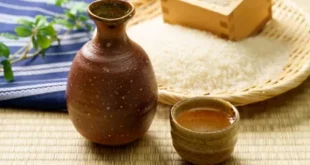
Body parts are not burnt during cremation: The pain of losing a loved one is the greatest in life. But this is not in the hands of us humans. It is believed that when the time comes, a person gets freedom from this life. But on this earth, people of all religions have different rituals from birth to death. But do you know which organ is not burnt after cremation in Hindu religion?
At such times, these organs become active quickly during cremation.
In Hindu religion, the human body is cremated after death. But do you know that when a dead body is set on fire while cremating it, every part of the body gets burnt to ashes within a few hours. Meanwhile, most of the bones also turn into ashes. However, there are some residues which we selectively carry to discharge into rivers. It is called ash.
But have you ever wondered which part of the body does not burn during cremation? Actually this part of the body never gets fire. A few years ago a scientist made a discovery. According to the changes taking place in the body during cremation, the body starts melting in just 10 minutes at a temperature of 670 to 810 degrees Celsius. After 20 minutes the frontal bone becomes free from the soft tissue.
Within 30 minutes the entire skin gets burnt. 40 minutes after cremation begins, the internal organs become severely shrunken and a mesh-like or spongy structure appears. Apart from this, after about 50 minutes the arms and legs are partially destroyed and only the torso remains, which disintegrates after one and a half hours. It takes about 2-3 hours for the human body to burn completely. But not a single part burns.
This part doesn't burn
According to the information, when someone's body is cremated after death, only the teeth remain. This is the part you can easily identify. Also the rest of the body turns into ashes. There is science behind tooth decay prevention. Actually, teeth are made of calcium phosphate and because of this they do not catch fire.
 look news india
look news india


